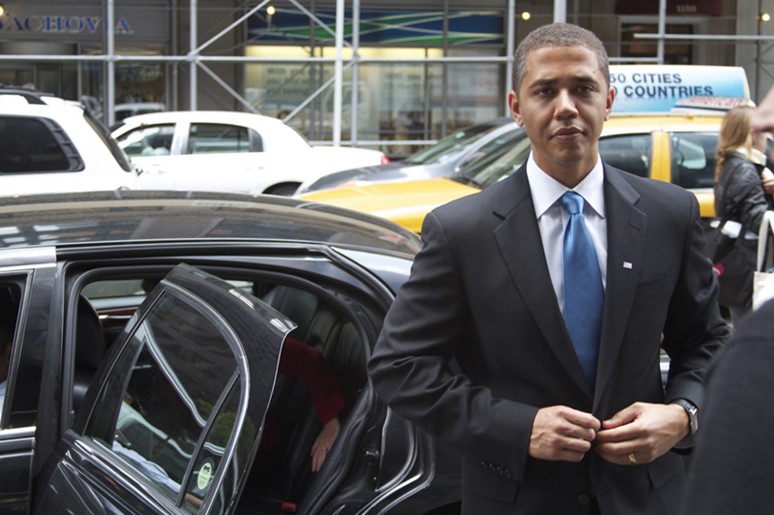How Movie Studios Are Increasing Profits
July 23, 2012 in Daily Bulletin

On the one hand you hear that piracy is killing the movie industry and that movie attendance is plummeting, yet on the other you hear that Disney made record profits in fiscal 2012. How is this possible? Edward Jay Epstein explained:
- Television series have become a cash generator. One executive estimated that 85% of profits come from cable television series.
- These TV shows and movies are then licensed to online providers. The competition between Netflix, Amazon and Hulu has caused licensing fees to rise – especially since they pay a premium for exclusive access to the media.
- Theater attendance might be plummeting in the states but it’s rising in other countries. Movie studios have raised prices there to increase revenues.
- Stars will often earn a lot less than their contracts suggest that they do.
To read more including how movie stars game the system, and why they do it, as well as why online licensing fees are so lucrative, the Video-on-Demand bonanza, the role that 3D plays, and the $20 billion network, click here.
Source: The Hollywood Economist
Via: Newmark’s Door









Join the Discussion! (No Signup Required)